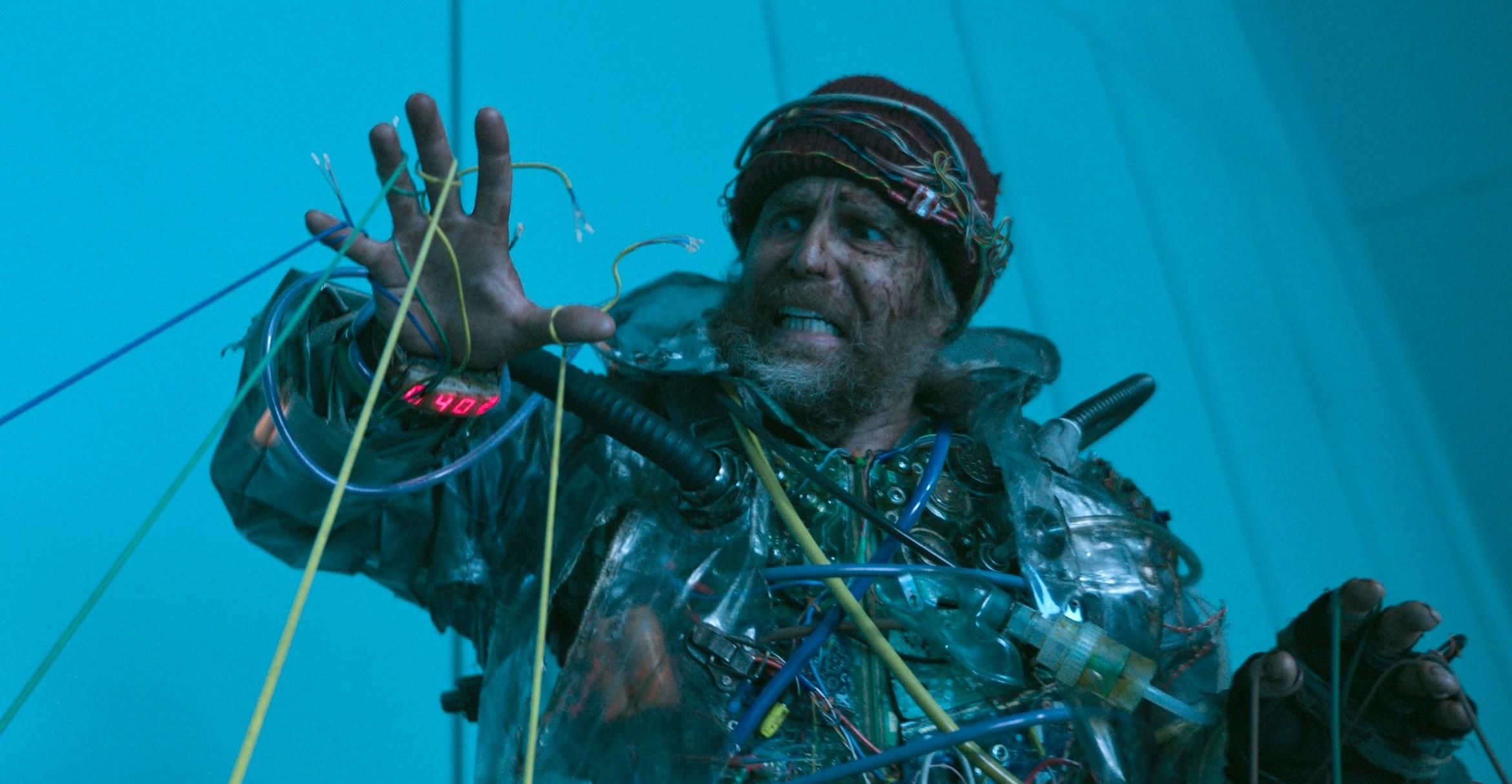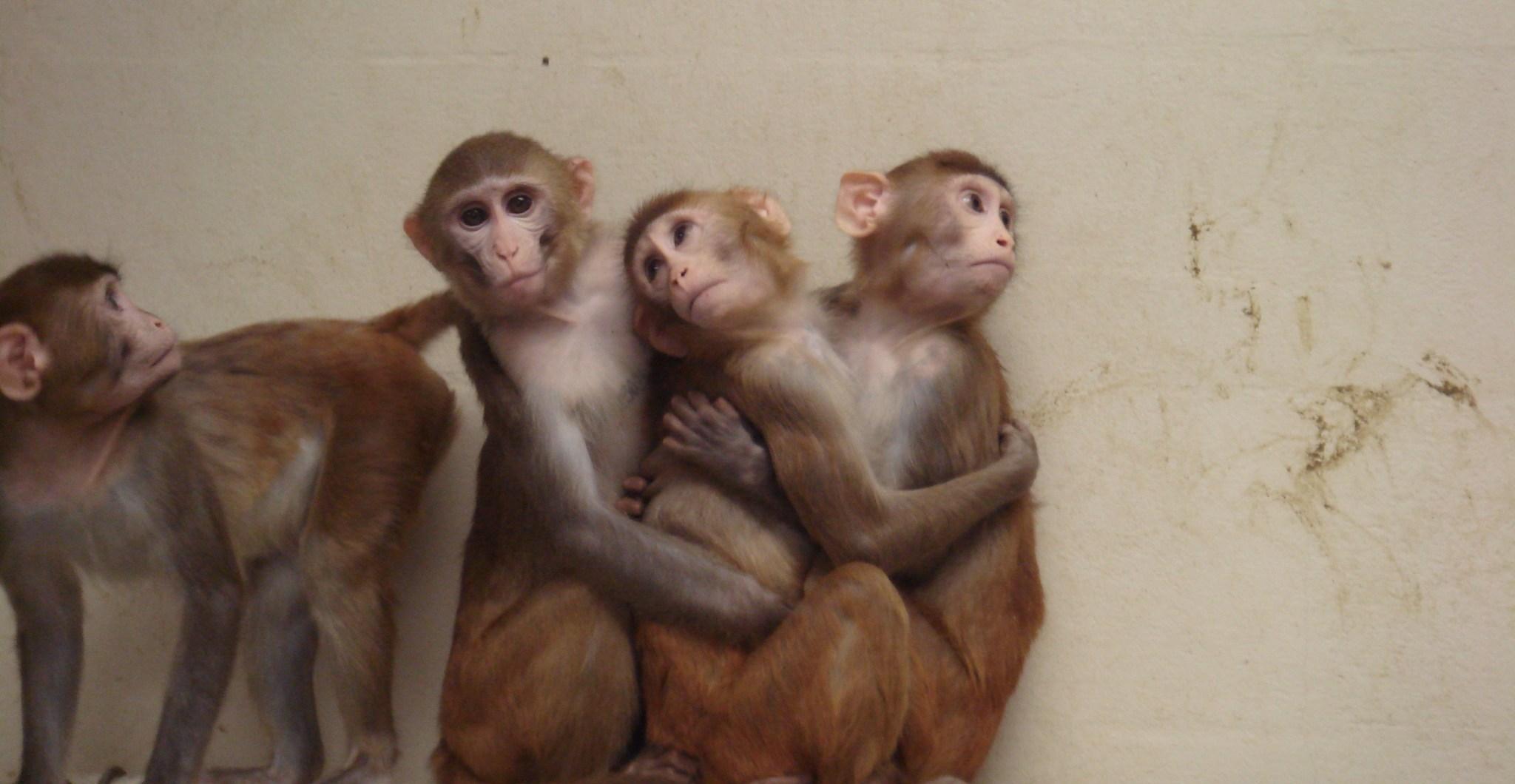“It’s okay to just admit that you’re jealous of me,” Charli XCX sings on “Von dutch,” the lead single from her just-released album BRAT, a critically adored collection of pulsing hyperpop bangers. She’s referring to a woman who’s talking shit about her but is…

Published 2 years ago on Jun 12th 2024, 9:00 pm
By Web Desk

“It’s okay to just admit that you’re jealous of me,” Charli XCX sings on “Von dutch,” the lead single from her just-released album BRAT, a critically adored collection of pulsing hyperpop bangers. She’s referring to a woman who’s talking shit about her but is, undeniably, obsessed. This is a running theme throughout BRAT: “Girl, so confusing” tells the story of a peer-slash-rival who Charli worries is secretly cheering on her downfall, while “360” and its video places Charli in the pantheon of internet it-girls who are cooler and more interesting than anyone else. “When you’re in the mirror, you’re just looking at me,” she sings, self-consciously channeling the titular “brat.” In an era of nonstop investigation into whom pop stars are referring to in their lyrics, it almost doesn’t matter who Charli’s talking about. She could be talking about anyone. Because these days, everyone wants to be Charli XCX, the longtime critical darling of “alternative” female artists. When former Fifth Harmony member Camila Cabello teased her new single, “I LUV IT” (also the name of one of Charli’s most famous songs, albeit spelled differently) by leaning outside a car window in March, fans accused her of copping Charli XCX’s sound and style (Charli even posted a video of herself lip synching to her 2017 song “I Got It” immediately afterward, then tweeted “comee onnn mess is fun! nothing matters!”). Cabello’s album title, C, XOXO, also recalls Charli XCX’s stage name, and the font on some of her vinyl albums was described as “basically the same” as the one used on BRAT. Then in June, Katy Perry posted a carousel of photos on Instagram, where commenters said they mistook her for Charli — the long dark hair, the lo-fi photography, and the squat-and-pout all being classic Charli hallmarks. [Media: https://twitter.com/skyferrori/status/1798465989568553028] As Charli has spent the past few months building hype for BRAT, it’s become a meme to note how many stars seem to be channeling her vibe: “she kinda looks like she’s just livin that life von dutch cult classic but she still pops,” someone on X wrote of a picture of Anne Hathaway wearing a denim corset and big hair, referencing the lyrics to “Von dutch.” “She looks like when she goes to the club she wants to hear those club classics,” someone else wrote of Lady Gaga with crimped hair and a leather jacket, referring to the track “Club classics.” Everyone from actress Melissa Barrera to pop star Dua Lipa, activist Erika Hilton, artist Kate Bush, Soundcloud rapper Ian, Geeta from Pokémon, and even a green sticky note have been memed as wanting to be Charli XCX. While most of these instances are clearly tongue-in-cheek, they speak to a broader XCXification of culture. Having built her career on MySpace and later East London raves as a teenager in the 2000s, there’s never been a time when Charli XCX wasn’t cool, per se. While her peers face constant (and often sexist) criticism for being supposed “industry plants,” no one can make the same accusations of Charli, who has been prolific not only in her own music, largely written and produced by herself, but also writing and producing for other pop artists. Yet tailing Charli for the last decade-plus has been endless discourse over whether she’d ever rise to the level of fame of her contemporaries: Taylor Swift, Lady Gaga, Ariana Grande, and others who reigned on the charts in the 2010s. “For years, both Charli and her critics seemed distractingly obsessed with her position — the darling of the underground who either would or could not graduate to Main Pop Girl,” writes Meaghan Garvey in her Pitchfork review of BRAT (rating: 8.6). “Then something shifted, and it hardly seemed to matter. She had something they didn’t. She was cool.” BRAT both flaunts and undercuts that coolness, for every hedonistic anthem like “365” (“Who the fuck are you? I’m a brat when I’m bumpin’ that/Now I wanna hear my track, are you bumpin’ that?”), there are anxious confessions that the act is just that, a theme that’s spanned her entire career. For a pop star who has millions of envious onlookers, it’s striking to hear her sing so plainly about her struggles with jealousy, sometimes toward her former self, other times directed at her peers. On “Rewind,” she yearns to return to a time before she didn’t overanalyze her face shape or obsess over the Billboard charts; on “Sympathy is a knife” she feels insecure while being forced to fake smile with a significantly more famous pop star who’s dating a bandmate of her fiancé, the 1975’s George Daniel (one guess as to who that is). “I don’t feel like nothing special,” she laments on “I might say something stupid,” “I’m famous but not quite/but I’m perfect for the background.” Then there’s “Mean girls,” a sort-of-but-not-really ironic shoutout to a crowd of dead-eyed intellectual it-girls that Charli both resents and admires (another guess as to who those people are). “You hate the fact she’s New York City’s darling/You say she’s problematic and the way you say it, so fanatic/Think she already knows that you’re obsessed.” In interviews, Charli has also spoken candidly about professional envy, telling Rolling Stone that she was “super jealous” when Lorde’s “Royals” debuted in 2013. “You piece all this stuff together in your brain, like: ‘She was into my music. She had big hair; I had big hair. She wore black lipstick; I once wore black lipstick.’ You create these parallels and think, ‘Well, that could have been me.’” she said. Fans have speculated that “Girl, so confusing” is about Lorde, despite (or perhaps because of) the fact that upon BRAT’s release, Lorde posted a gushy Instagram story, writing, “it’s an honour to be moved, changed and gagged by her work.” On being around more famous celebrities, Charli told the magazine that she and other artists often feel insecure but that “we don’t talk about it because we’re all supposed to be strong and confident.” “Being jealous is somehow wrongly equated to not supporting women or not being a girl’s girl, which isn’t true,” she said. “You can, I think, experience envy and still be a good person who champions other women. Jealousy is just not a very sexy feeling, or a sexy characteristic really, is it?” [Media: https://www.youtube.com/watch?v=WJW-VvmRKsE] Pop music, more than almost any other facet of culture, tends to pit artists against one another. On any given week, one artist is deemed the future of the industry, the next week a star like Chappell Roan is born and shakes it all up. Charli has long been hailed as “the future” of pop, owing to her alternative e-girl aesthetic but also to her hyperpop-inflected sound: Since the mid-2010s, she’s worked with visionary producers like A.G. Cook, formerly of PC Music, and the late SOPHIE, who, among fellow artists 100 gecs, Slayyyter, and Caroline Polachek, have been labeled as “futuristic,” often to the point of cliché (was hyperpop “the future” or was it simply the present?) “Its main aim was to decouple pop’s head-rush aesthetics from any commercial expectations, thereby opening space for wilder fun,” as the Atlantic described it. Much like Beyoncé on Cowboy Carter, Charli XCX has said she rejects any genre labels, and BRAT resists being categorized as anything but a Charli XCX album. But eschewing commercial goals to create more space for fun is ultimately a descriptor of Charli’s entire career: Her biggest commercial hits to date (“Boom Clap,” “I Love It,” “Fancy”) are ones that no self-respecting fan would include in a list of their top 10 Charli songs. Instead, the Angels (Charli’s fanbase) tend to admire the weirdness and innovation of her 2017 mixtape Pop 2 or the delightfully scuzzy quarantine album how i’m feeling now, which became cult favorites. Along with BRAT, these are Charli at her most Charliesque, and when celebrities are jacking her style and sound, that’s what they’re borrowing. “Taken together, it doesn’t really sound like anything else,” the New Yorker’s Kelefa Sanneh wrote in his review of BRAT. “No doubt that won’t be true for long.” Musicians referencing and borrowing from each other isn’t new, and it’s healthy — the idea that artists are entirely original is a false one, not least because if that were true, it would make for a lot of really boring music. Charli XCX didn’t invent hyperpop, she didn’t invent the sexy lobotomy stare (or “dissociative pout”), she didn’t invent the .5 selfie, she didn’t cause the Great Vibe Shift toward nihilism, decadence, and irony or the return of indie sleaze. But she’s a perfect conduit for all of these things, and she makes really good, really fun music you can dance to while participating in them. She is a native of coolness but, unlike so many cool people, can articulate what it feels like. She can write a song about being 31 and in love and wondering whether it’s time to think about having a baby without it sounding trite or normie; she can write about being jealous of other girls while still making you jealous of her. In a culture that demands its women be both confident and vulnerable, “authentic” but poised, Charli’s ode to the feeling nobody’s supposed to talk about has rather ironically made the entire pop sphere green with envy. She’s your favourite reference, baby.
Blast near Bannu police station leaves two dead, 17 wounded
- ایک گھنٹہ قبل

Good Luck, Have Fun, Don’t Die is a rollicking parable about this moment in tech
- 12 گھنٹے قبل

SSWMB earns national recognition for clean Sindh initiative
- ایک دن قبل

Gold prices plunge in Pakistan, global markets
- ایک گھنٹہ قبل
Multan hosts All Pakistan Long Range Shooting Championship
- 42 منٹ قبل

DG ISPR visits various educational institutions of Lahore
- ایک دن قبل

T20World Cup high voltage clash: India set 176 run target for Pakistan to win
- ایک دن قبل

High voltage clash: India defeat pakistan by 61 Runs, qualify for Super Eight
- 18 گھنٹے قبل
Field Marshal Asim Munir vows to deepen Pak-UAE partnership
- 13 منٹ قبل
FinMin claims losses of SOEs plummet by around Rs74b in three years
- ایک گھنٹہ قبل

PM Shehbaz leaves for Vienna, Austria on two-day official visit
- ایک دن قبل

Field Marshal Syed Asim Munir meets global leaders during Germany visit
- ایک دن قبل
You May Like
Trending












